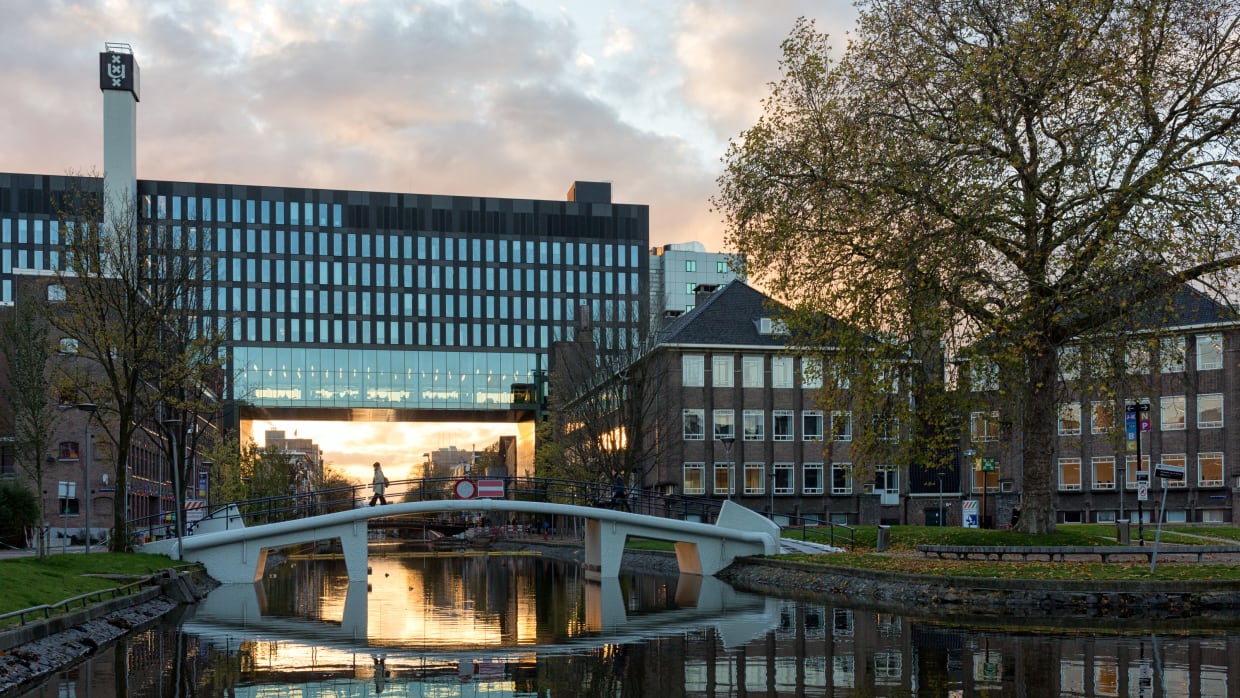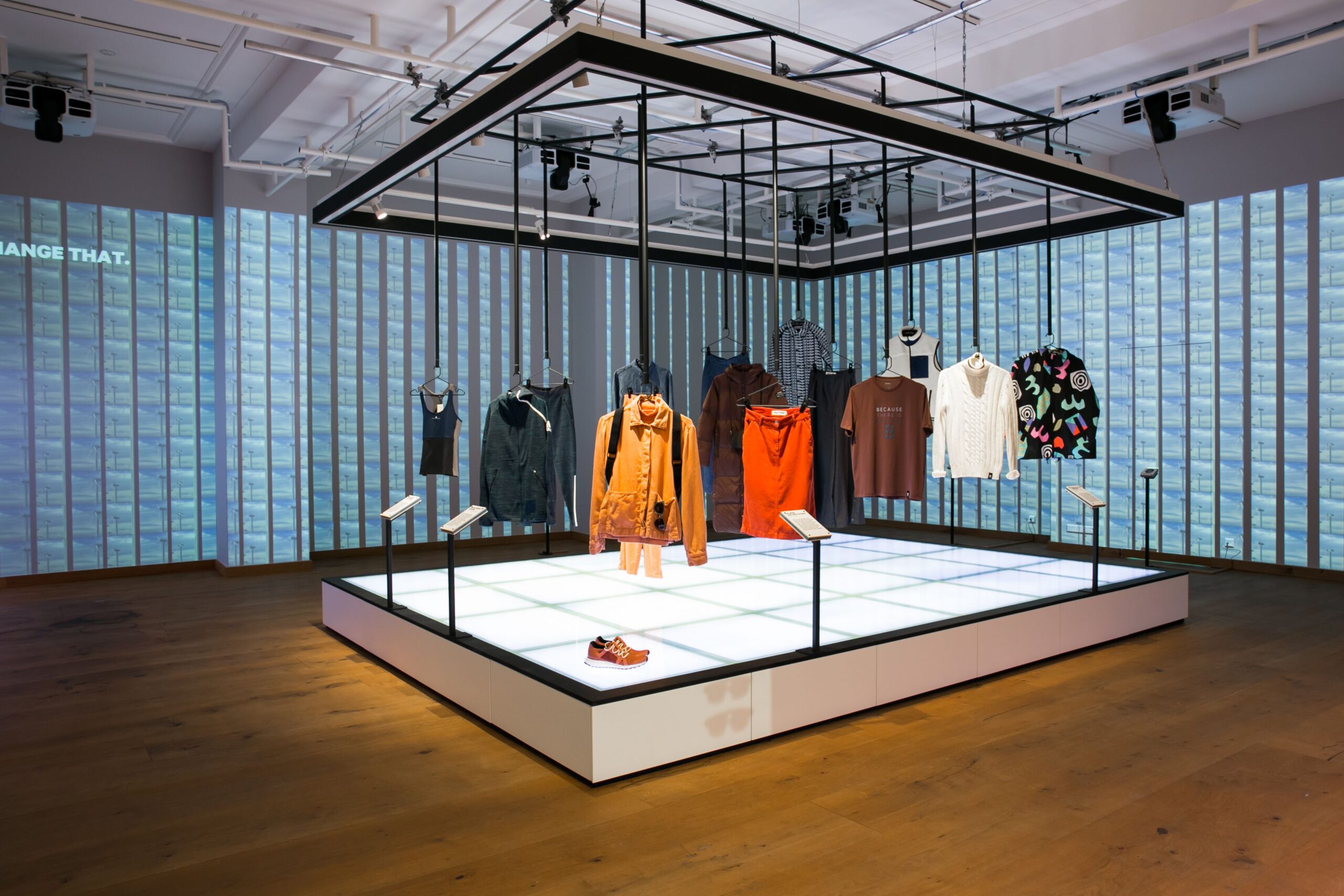I have had the opportunity to work as an events intern at Fashion For Good, an Amsterdam based initiative regarding sustainable fashion that is divided into a museum and an innovation platform.
I have always wanted to enter the fashion industry no matter which sector, but never in a million years would I have imagined entering the sustainable fashion sector.
I consider myself as an ‘amateur’ regarding the industry’s complexity and nuances. I would never thing about the type of clothes I would buy, type of materials, ethical labour practices, production process and so on. My adventure began with an internship as an event coordinator in the museum, but it had rapidly progressed into what I consider to be a revolutionary experience of self-growth transforming my perception of fashion and its influence.
My curiosity was the driving force of this transformation. When I first started my internship, I would hear terms such as ‘chemical textiles’, ‘carbon footprint’, ‘ethical sourcing’ which were unfamiliar, almost foreign to me. However, I made myself engage in the topic by asking innovation platform colleagues to send me their published projects along with explanations as to what they are writing about and what mission they are trying to achieve.
One of the most valuable lessons I learned was the importance transparency in fashion, something we as consumers do not see or do not care to see. I have realized that the brands we are surrounded of are keen to hide what really happens in their manufacturing procedures and labour policies. Concentrated in painting an alternative picture through their campaigns and socials, but in reality the level of pollution, waste, and excessive use of natural resources they do is out of this world.
Not everyone who works in sustainable fashion needs to know about the fashion industry. It is important for us as consumers’ and communication science students to learn about the social side of sustainability. It should not be a trend but a necessary shift towards a more responsible industry. Factory workers and artisans getting paid a fair wage, working in safe environments, using non chemical materials. All these factors can help contribute towards a ‘greener’ future.
Defining a greener future can be tricky but the way that I interpret it is a world where concepts such as global warming and climate change do not exist. Where big amounts of waste do not end up polluting the oceans and the rainforests. Where the entire ecosystem of our planet is dependent on us to keep shining ‘greener’.


